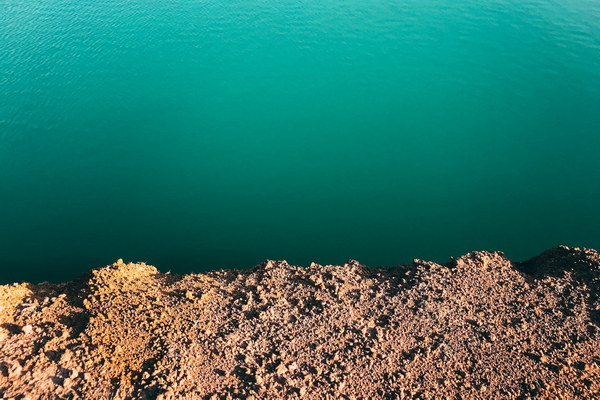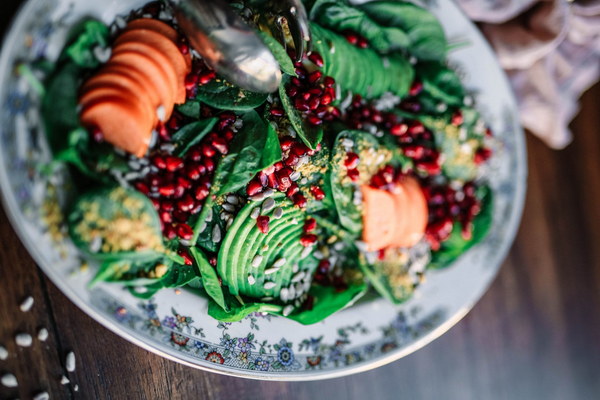Can Ginger Powder Relieve Cold and Dampness A Comprehensive Guide
Introduction:
Ginger, a popular spice used in various cuisines around the world, has been long celebrated for its numerous health benefits. One of the most frequently discussed benefits of ginger is its ability to alleviate cold and dampness. But can drinking ginger powder really help in this regard? In this article, we will explore the science behind ginger powder and its potential effectiveness in combating cold and dampness.
Understanding Cold and Dampness:
Cold and dampness are two common concepts in traditional Chinese medicine (TCM). Cold refers to a condition where the body is exposed to cold weather or experiences internal coldness, leading to symptoms such as chills, joint pain, and weakness. Dampness, on the other hand, refers to an imbalance in the body's moisture levels, resulting in symptoms like fatigue, bloating, and digestion issues.
Ginger's Properties:
Ginger, scientifically known as Zingiber officinale, is a rhizome with a rich history of use in traditional medicine. It possesses various properties that might contribute to its effectiveness in alleviating cold and dampness:
1. Anti-inflammatory: Ginger contains compounds called gingerols and shogaols, which have anti-inflammatory properties. These compounds can help reduce joint pain and inflammation associated with cold and dampness.
2. Diaphoretic: Ginger is known to induce sweating, which can be helpful in releasing internal coldness and promoting the elimination of dampness.
3. Digestive aid: Ginger can improve digestion and reduce bloating, which is often associated with dampness.
Can Ginger Powder Relieve Cold and Dampness?
While ginger powder is a concentrated form of ginger, it still retains the properties that might be beneficial in alleviating cold and dampness. Here are some ways in which ginger powder might help:
1. Treating internal coldness: Consuming ginger powder can help warm up the body and alleviate internal coldness, thus reducing symptoms like chills and joint pain.
2. Improving circulation: Ginger's diaphoretic properties can help improve blood circulation, which may contribute to the elimination of dampness and the relief of symptoms like fatigue and bloating.
3. Enhancing digestion: By promoting digestion, ginger powder can help reduce bloating and alleviate some of the symptoms associated with dampness.
How to Use Ginger Powder for Cold and Dampness:

To use ginger powder for cold and dampness, you can incorporate it into your daily diet or prepare a ginger tea. Here are some suggestions:
1. Add ginger powder to your morning smoothie or yogurt.
2. Mix ginger powder with warm water and honey to create a ginger tea.
3. Sprinkle ginger powder over your favorite dishes like stir-fries, soups, or salads.
Conclusion:
In conclusion, while there is no definitive scientific evidence to prove that drinking ginger powder can completely cure cold and dampness, its properties make it a promising natural remedy for alleviating symptoms associated with these conditions. Incorporating ginger powder into your diet might offer some relief from cold and dampness, and it's always a good idea to consult with a healthcare professional before starting any new treatment.









